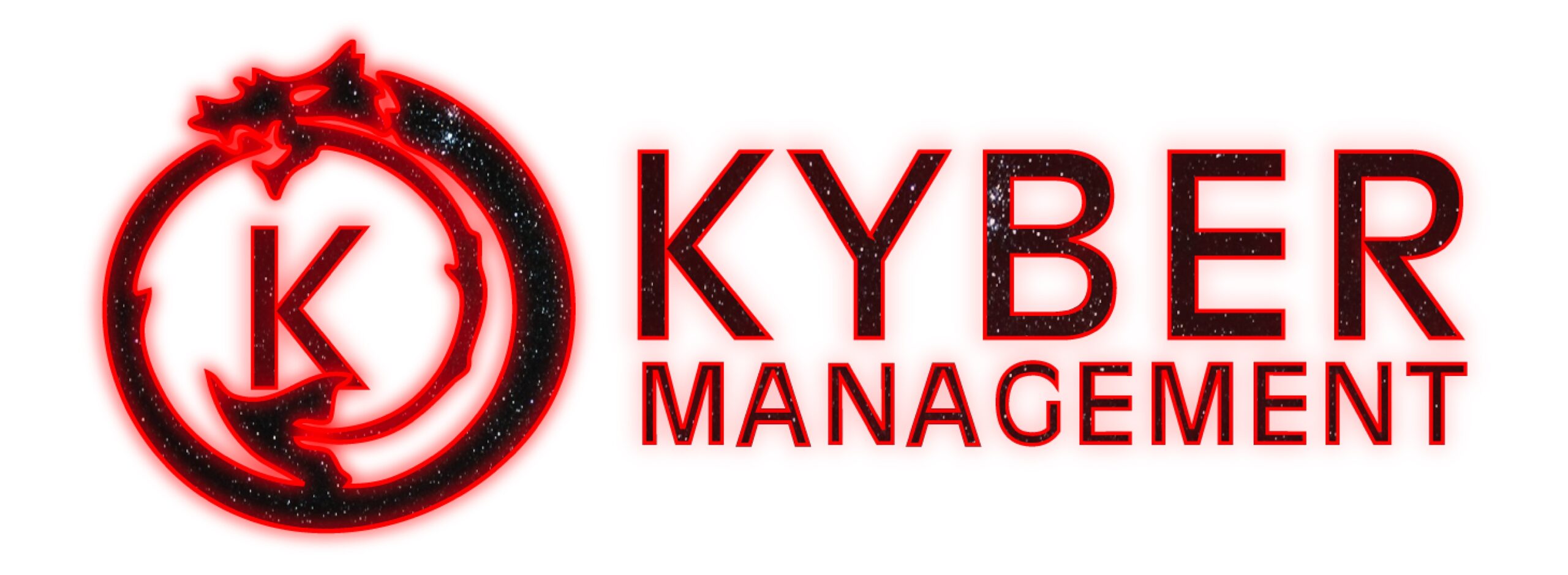Preparing for your first job interview can feel overwhelming, but familiarizing yourself with common prompts helps you approach the conversation with confidence. By understanding what each question seeks, you can craft responses that highlight your strengths and show genuine enthusiasm.
In the sections below, you’ll find ten typical entry-level job questions, insights into why hiring managers ask them, and actionable tips to answer clearly and concisely. Use these guidelines to make a strong impression and move one step closer to landing the role.
1. Tell Me About Yourself
This open-ended prompt invites you to share a concise snapshot of your background and motivations.
Why Interviewers Ask This
- They aim to break the ice and gauge how you structure your story in a few sentences. They listen for relevant highlights that tie into the role’s requirements.
- They want to see your communication style and whether you can focus on details that matter. They assess whether your priorities align with the team’s needs.
- They check for confidence and self-awareness in your delivery. They look for a clear answer rather than rambling or unrelated details.
Tips for Answering
- Lead with your most relevant experience or academic background in one or two sentences. Then connect that to a skill or project that showcases your fit.
- Keep it under 90 seconds by practicing a 3-part outline: past, present, and future. Then transition smoothly into why you’re excited about this opportunity.
- Use active language and avoid vague terms like “I think” or “I feel.” Instead, say “I managed,” “I developed,” or “I led” to demonstrate ownership.
2. Why Do You Want to Work Here?
Hiring managers use this question to assess your research and genuine interest in the organization.
Why Interviewers Ask This
- They want to confirm you’ve explored the company’s mission, values, and culture. They gauge whether your priorities align with theirs.
- They check if your goals match the role’s growth opportunities. They see if you plan to stay engaged rather than treat the job as a stopgap.
- They look for enthusiasm and alignment rather than a generic response. They want unique reasons that show you’ve done your homework.
Tips for Answering
- Highlight specific aspects of the company, such as projects, values, or achievements, that resonate with you. Then explain how those align with your own goals.
- Reference a recent news item or product launch to demonstrate that you follow their updates. That detail shows genuine curiosity rather than rehearsed lines.
- Connect your skills to their needs by pointing out how you can contribute right away. For example, if they value teamwork, describe a team success you helped achieve.
3. What Are Your Strengths?
This question helps interviewers understand what you bring to the table and how you can add value.
Why Interviewers Ask This
- They seek self-awareness about their top skills and how they match the job requirements. They assess whether you know your strongest areas.
- They look for examples that show you can leverage those strengths under real conditions. They want evidence of practical application.
- They compare your strengths against the role’s key competencies. They decide if you fill a gap on the team or overlap too much with existing members.
Tips for Answering
- Choose two or three strengths most relevant to the role and back them up with brief examples. That balance keeps your answer focused and memorable.
- Use the STAR method at a high level: Situation, Task, Action, Result. Keep each example under 30 seconds to maintain pace.
- For an entry-level job, focus on transferable strengths such as adaptability, strong communication, or eagerness to learn, which are qualities that show potential even if your experience is limited.
- Avoid cliches like “I’m a perfectionist.” Instead, pick specific traits such as “I excel at time management” or “I communicate clearly across teams.”
4. What Is Your Biggest Weakness?
This prompt tests your honesty, self-reflection, and growth mindset.
Why Interviewers Ask This
- They want to see if you can identify and admit areas needing improvement. They value candidates who own their development.
- They check whether your weakness will impact key responsibilities. They ensure you recognize risks and have strategies to manage them.
- They assess your willingness to learn and adapt. They look for evidence that you turn weaknesses into growth opportunities.
Tips for Answering
- Pick a real but non-critical weakness and show how you’re mitigating it. For example, “I used to struggle with public speaking, so I joined Toastmasters.”
- Frame your weakness as a work in progress, not a fixed flaw. Describe specific steps you’re taking to improve.
- Avoid cliché answers that sound rehearsed. Instead, choose a genuine area for growth and demonstrate your proactive approach.
5. Tell Me About a Challenge You Faced and How You Handled It
Behavioral prompts reveal how you approach problems and learn from experience.
Why Interviewers Ask This
- They want to confirm that you can navigate obstacles and think critically. They evaluate your problem-solving process.
- They assess whether you stay calm under pressure and seek creative solutions. They look for resourcefulness and resilience.
- They examine how you reflect on outcomes and apply lessons to future situations. They value continuous improvement.
Tips for Answering
- Use the STAR framework: briefly set the scene, outline your task, describe your actions, and share results. Keep each part concise.
- Focus on your specific role rather than a team effort. Use “I” statements to highlight your contributions clearly.
- End with two sentences about what you learned and how you apply that lesson today. That shows self-reflection and adaptability.
6. Where Do You See Yourself in Five Years?
This forward-looking question gauges ambition and cultural fit.
Why Interviewers Ask This
- They want to understand whether your long-term goals align with the company’s path. They check if you’re looking for growth within their organization.
- They look for realistic expectations given the role’s entry-level nature. They ensure you understand this position is a starting point, not a final destination.
- They assess your commitment and stability by seeing if you plan to invest time in developing skills relevant to the company.
Tips for Answering
- Share a clear vision that balances personal growth and contributions to the team. You might say you plan to master core tasks and mentor new hires after two years.
- Emphasize your enthusiasm for taking on increased responsibilities, which ties back to your passion for finding a new career that challenges you.
- Avoid overly specific titles or timelines; focus instead on skill development, cross-functional collaboration, and leadership aspirations.
7. Why Should We Hire You?
This question invites you to make a compelling case for your candidacy.
Why Interviewers Ask This
- They look for candidates who can articulate unique value beyond their resume. They want to see your selling skills.
- They assess whether you understand the role’s most critical needs and can address them immediately. They check alignment.
- They evaluate your confidence and clarity in summarizing why you stand out among other applicants.
Tips for Answering
- Combine one of your top strengths with a key requirement from the job description. Then describe a brief example that illustrates both.
- Structure your answer in three parts: what you bring, how you match the role, and what you will achieve in the first 90 days.
- Use active language and quantifiable results when possible. For example, “I increased engagement by 20%” sounds stronger than “I improved engagement.”
8. Describe a Time You Worked in a Team
Teamwork questions test interpersonal skills and collaboration style.
Why Interviewers Ask This
- They want to see how you communicate, share tasks, and resolve conflicts. They value candidates who collaborate effectively.
- They assess whether you can adapt to different roles within a team, such as leader, supporter, or mediator. They look for flexibility.
- They check for accountability and how you contribute to collective goals rather than just individual achievements.
Tips for Answering
- Pick a project where you played a clear role, describe your contribution, and quantify the outcome if possible. Keep the example focused on impact.
- Highlight communication methods you used, like regular check-ins or shared documents. That shows you prioritize clarity and transparency.
- If a conflict arose, explain how you addressed it with respect and professionalism. Show that you can navigate differences constructively.
9. How Do You Handle Stress or Pressure?
Employers want to know if you stay productive when deadlines tighten or challenges mount.
Why Interviewers Ask This
- They gauge your coping strategies and emotional resilience. They want to see if you can maintain quality under pressure.
- They assess whether you prioritize tasks effectively rather than letting stress derail you. They look for good time-management skills.
- They check if you seek support or resources proactively when workload spikes. They value candidates who ask for help when needed.
Tips for Answering
- Share a concrete example, such as meeting tight deadlines during exams or balancing part-time work and studies to illustrate your approach.
- Outline your steps: prioritize tasks, create a clear schedule, and take short breaks to recharge. That demonstrates a structured method.
- Emphasize that you remain calm and focused, and highlight your readiness for a job for recent graduates by showing how you manage multiple responsibilities smoothly.
10. Do You Have Any Questions for Us?
Closing prompts measure your curiosity and interest in the role and company.
Why Interviewers Ask This
- They look for thoughtful questions that reveal genuine interest in the team’s culture, challenges, or growth plans. They assess your engagement level.
- They want to gauge whether you understand the role’s scope and have considered how you’ll fit in. They value candidates who prepare thoroughly.
- They check if you see this as a one-sided evaluation or a mutual conversation. They appreciate candidates who seek clarity and alignment.
Tips for Answering
- Prepare two to three questions ahead of time, such as the team’s biggest priority for the next quarter or how success is measured in this position.
- Avoid questions about salary or benefits at this stage; focus instead on role expectations, growth opportunities, and team dynamics.
- Tailor one question based on something you learned in the interview because this shows active listening and adaptability.
Your Future Starts with One Great Interview
In summary, mastering these ten entry-level prompts helps you approach interviews with clarity and authenticity. By understanding what hiring managers seek and practice structured, concise responses, you’ll build confidence and leave a positive impression. Take time to review each question, craft answers that highlight your unique strengths, and practice aloud with friends or mentors. You’ll transform nerves into readiness as you step into your next opportunity.
Kyber Management Inc. is actively hiring driven, enthusiastic individuals ready to take the first step in their professional journey. If you’re preparing for interviews and eager to put your skills to the test, we want to meet you. We offer entry-level opportunities designed to help you grow, learn, and thrive in a supportive environment. Join a team that’s committed to helping you grow from day one!

